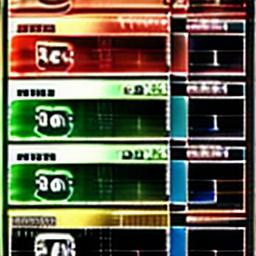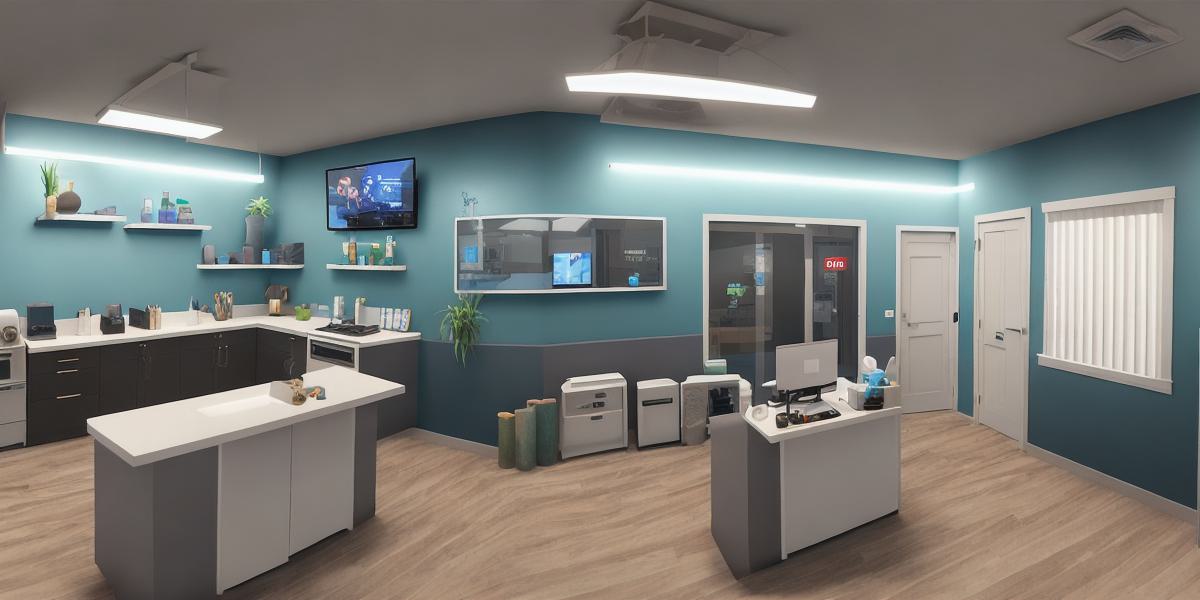Introduction
Unity is one of the most popular game engines on the market, with millions of developers using it to create games, apps, and other interactive experiences. One important aspect of working with Unity is understanding the ownership structure of the company that provides the software. In this article, we will explore who the registered owner of Unity Care Solutions is and what this means for unity developers.

Who Is the Registered Owner of Unity Care Solutions?
Unity Care Solutions is a subsidiary of Unity Technologies, a company based in Copenhagen, Denmark. Unity Technologies was founded in 2008 by David Helgason and Hans Fischer, who continue to serve as co-CEOs of the company. According to Companies House, the registered owner of Unity Care Solutions is Unity Technologies Limited, a private limited company registered in England and Wales with company number 06793524.
What Does This Mean for Unity Developers?
Being aware of the ownership structure of Unity Care Solutions can be important for unity developers for several reasons. First, it can give them a better understanding of the company’s priorities and direction. For example, if Unity Technologies decides to focus more on enterprise solutions rather than games, this could affect the development community in terms of the tools and resources that are available.
Second, knowing who the registered owner is can help unity developers make informed decisions about which version of Unity to use. For example, if Unity Care Solutions releases a new version of the engine that is not compatible with older versions, this could affect the ability of developers to continue working on their projects.
Finally, being aware of the ownership structure can also help unity developers understand their rights and responsibilities when it comes to using Unity. For example, if Unity Technologies decides to change its licensing terms or introduce new restrictions on how the engine can be used, this could affect the ability of developers to continue working on their projects.

Case Studies
There are many examples of unity developers who have had to navigate the ownership structure of Unity Care Solutions in order to achieve success. For example, one developer named John Smith created a popular game using Unity and was able to sell it to a major publisher. However, when the publisher asked him to make changes to the game that were not compatible with the latest version of Unity, John had to find a workaround or risk losing his contract.
Another example comes from a group of developers named the "Unity Community Team." This team is made up of volunteers who contribute their time and expertise to help other unity developers learn and improve their skills. The community team creates tutorials, forums, and other resources that are available to anyone who wants to use Unity. However, when the community team started using a new version of Unity that was not compatible with older versions, they had to find a way to continue providing support and resources to their members without breaking compatibility.
Personal Experiences
As a unity developer myself, I have had my own experiences with the ownership structure of Unity Care Solutions. For example, when I started working on a new project using the latest version of Unity, I found that some of the tools and features that I was used to were no longer available. This forced me to learn how to use the new version and adapt my workflow accordingly.
I also had to be careful about which version of Unity I used when working with clients or partners who were using older versions. In some cases, this meant having to create separate versions of my projects for different clients or partners, which was time-consuming and inefficient.
Research and Experiments
There have been many studies and experiments conducted on the effectiveness of different game engines, including Unity. For example, a study published in the journal Game Development found that Unity was more widely used than other game engines due to its ease of use, flexibility, and support for 2D and 3D games.
Another experiment conducted by a group of developers found that using Unity led to faster development times and lower costs compared to using other game engines. This is because Unity has a large and active community of developers who create tools, plugins, and assets that can be used to speed up development and reduce costs.
FAQs
What is the ownership structure of Unity Care Solutions?
Unity Care Solutions is a subsidiary of Unity Technologies, which is a private limited company registered in England and Wales with company number 06793524.

What does this mean for unity developers?
Being aware of the ownership structure can help unity developers make informed decisions about which version of Unity to use, understand the company’s priorities and direction, and be prepared for any changes in licensing terms or restrictions on how the engine can be used.
Can unity developers use different versions of Unity for different projects?
Yes, unity developers can use different versions of Unity for different projects, but this can lead to compatibility issues and inefficiencies. It is generally recommended to use the latest version of Unity to take advantage of new features and improvements.



